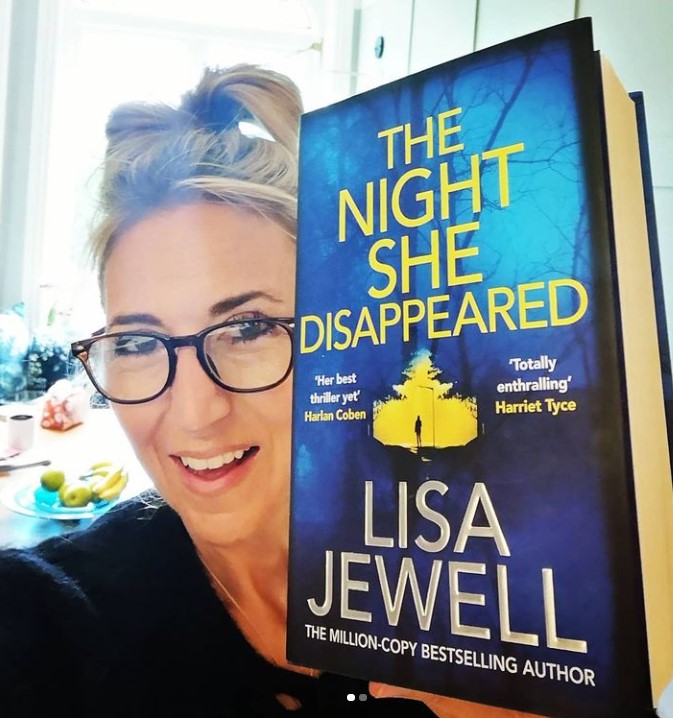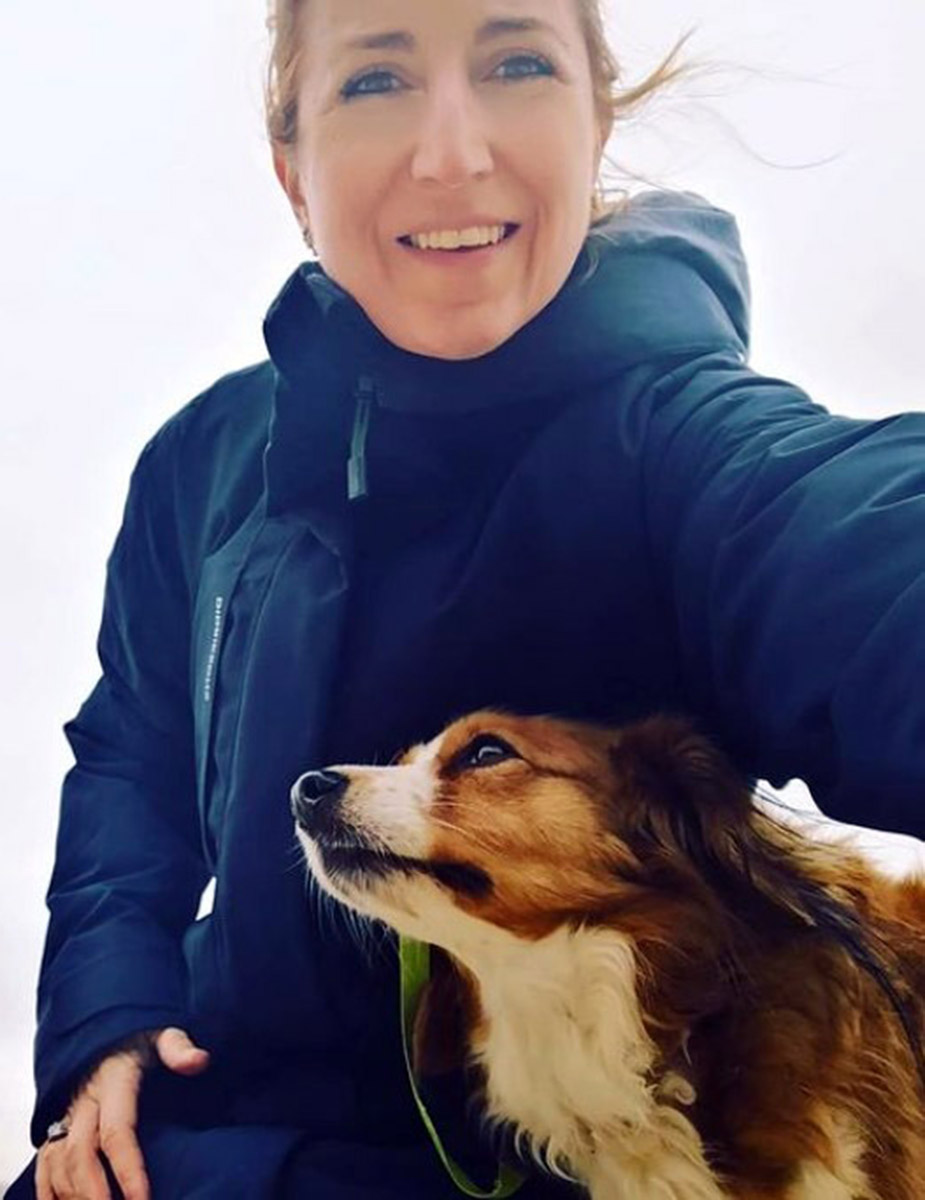Author Lisa Jewell Reveals the Secrets to Her Success
Mar 05, 2022
The “Celebrations Book Club by Cheryl's Cookies" welcomed bestselling British suspense author Lisa Jewell. During the virtual roundtable discussion, Jewell delved into the mysteries of her latest novel, The Night She Disappeared, with host Claudia Copquin, founder and producer of the Long Island Litfest.
Lisa Jewell is a New York Times bestselling author of 19 novels, including The Family Upstairs, And Then She Was Gone, Invisible Girl, and Watching You. Her books have sold over 5 million copies internationally, and her work has been translated into 28 languages.
But that is a far cry from where she was in 1995, when she was a 20-something, down-on-her-luck unemployed secretary with just distant dreams of becoming a writer. “Like so many people do, I had this vision that, one day, I'd like to write a novel, but in my head it was something I would do when I was middle-aged," Jewell said during the Celebrations Book Club by Cheryl's Cookies virtual event. "I thought only middle-aged women wrote novels, not young women like me, particularly not ones that are secretaries. I thought I'd have to go off and live this grand life first before I'd be allowed to do that."
Evolution as a novelist
Jewell had just turned 27, was recently fired from her job, and was away for a getaway. After a night out, her friend dared her to act on her aspiration to become a writer, promising Jewell dinner at her favorite restaurant if she was able to get three chapters down on paper. Jewell not only met the challenge but sent what she had written to literary agencies. That turned out to be the start of her first novel, Ralph's Party, which would go on to become the bestselling debut novel in the United Kingdom in 1999.
Jewell's first novels were romantic comedies, but as she moved into her 30s, got married, became a mother, and lost her own mother, her priorities shifted. She no longer had the same interest in writing about young roommates living the single life, so she moved into the suspense genre.

Her latest work
The Night She Disappeared follows her psychological suspense style. Set in a lush English village, the story revolves around Zach and Tallulah, teenage parents with a less than ideal relationship. After a rare night out together, the couple disappears and Tallulah's mother is left to pick up the pieces. She is tasked with raising her infant grandson alone, all while grieving for her missing daughter and trying to solve the mystery of her disappearance. A tangled web of personalities emerges from the incident, including Sophie, a mystery writer who, by chance, uncovers clues regarding the couple's whereabouts through an ominous “Dig Here" sign.
When host Claudia Copquin asked her how she came up with this storyline, Jewell said that she doesn't start her writing knowing where the story is going to go. Instead, she thinks of the things she's “keen" to write about. In the case of The Night She Disappeared, those elements were three things: a boarding school setting, the mysterious “Dig Here" sign, and exploring the character of a teenage mother.
“I'm at the point in my career where...finding new things to write about is always quite challenging," Jewell said.
Jewell said very little of her writing is autobiographical. She did admit, however, to feeling a connection with Tallulah, who finds herself in an increasingly controlling relationship with Zach and few places to turn for escape. “I, myself, was in a very young marriage in my early 20s in which I was coercively controlled by my husband."
She empathizes with Tallulah's hesitancy to share her concerns with even her mother, to whom she is extremely close. “You don't want anyone to know, and the reason why you don't want anyone to know is because if you tell anyone that cares about you and loves you, they're going to try and get involved," she said. "They're going to try to fix things, and that makes everything worse."
A peek into the creative process

Interestingly, Jewell herself usually does not know how her stories will end. She simply starts writing and follows clues as the words reveal them to her. “I come to the page with nothing. I've done no research. I've barely actually thought about what it is I'm about to start doing. I'm not a planner," Jewell said. "I'd say 90% of what the reader reads on the page happens while I'm sitting with my fingers on the keyboard. Ten percent happens when I'm walking the dog or in the shower thinking."
This can leave much of the resolution of her stories until the last minute, which Jewell admits can be quite chaotic. So far, though, this approach has worked for her — and with seven of her books currently optioned to be adapted for the screen, it certainly is working for audiences.
Attendees — all of whom received a free Cheryl's Cookies sampler for registering for the event — were curious to learn more about Jewell's creative process during the question-and-answer portion of the discussion. They asked whether Jewell would want to solve a mystery in real life (definitely yes), what her writing routine is (she's an atypical afternoon writer, who, during the pandemic, had to get an office away from home to better focus), and whether she has any strategies for writer's block.
For this last question, Jewell had some advice that could easily apply to any daunting task: Just do it. “I manage this by not caring about whether what I write is good. I'm much more fixated on getting to 1,000 words [a day]; that becomes my obsession.
"So, I always say, 'Just write anything. Don't overthink it.'"
.svg?q=70&width=384&auto=webp)







